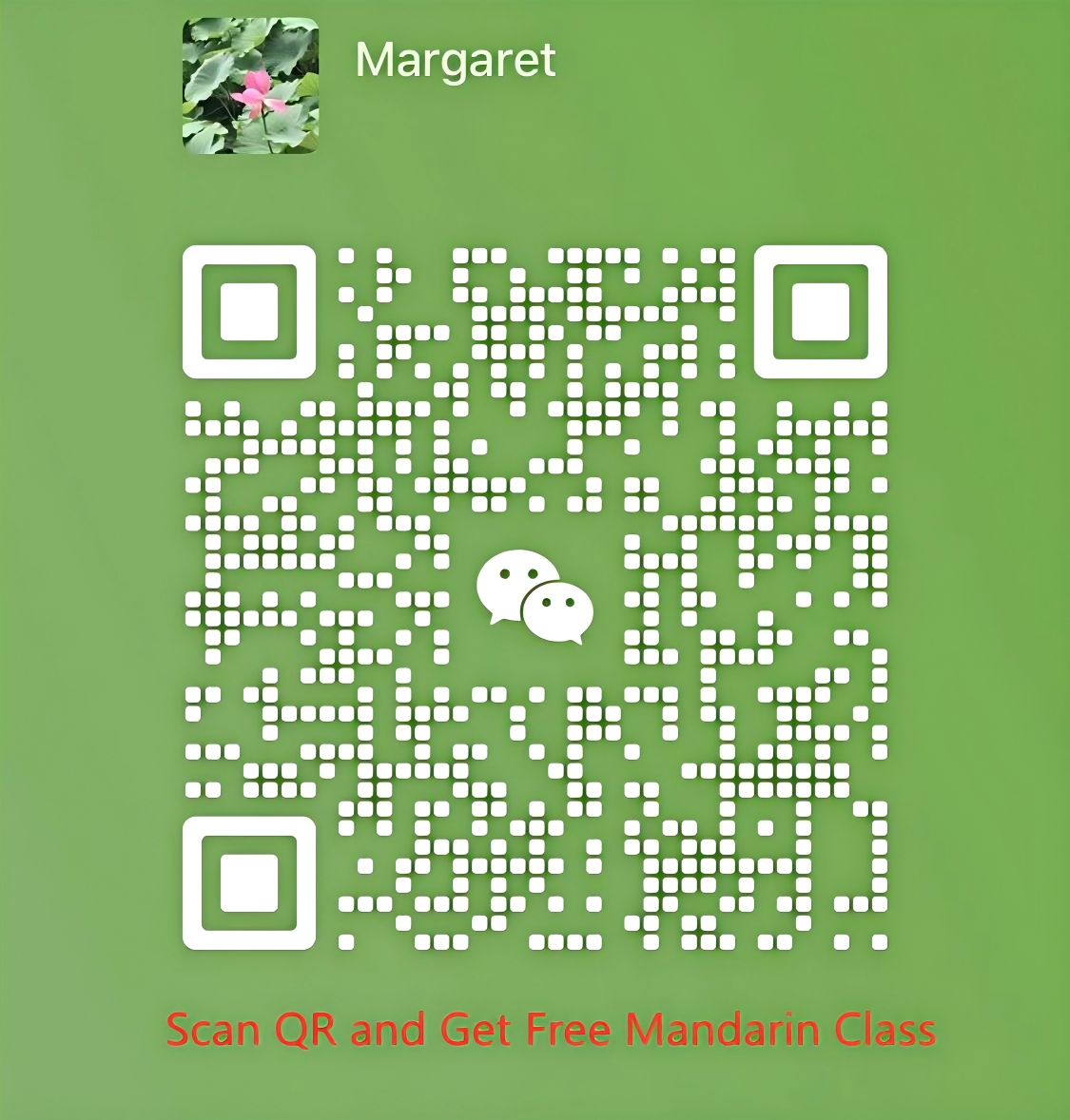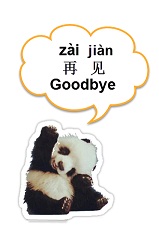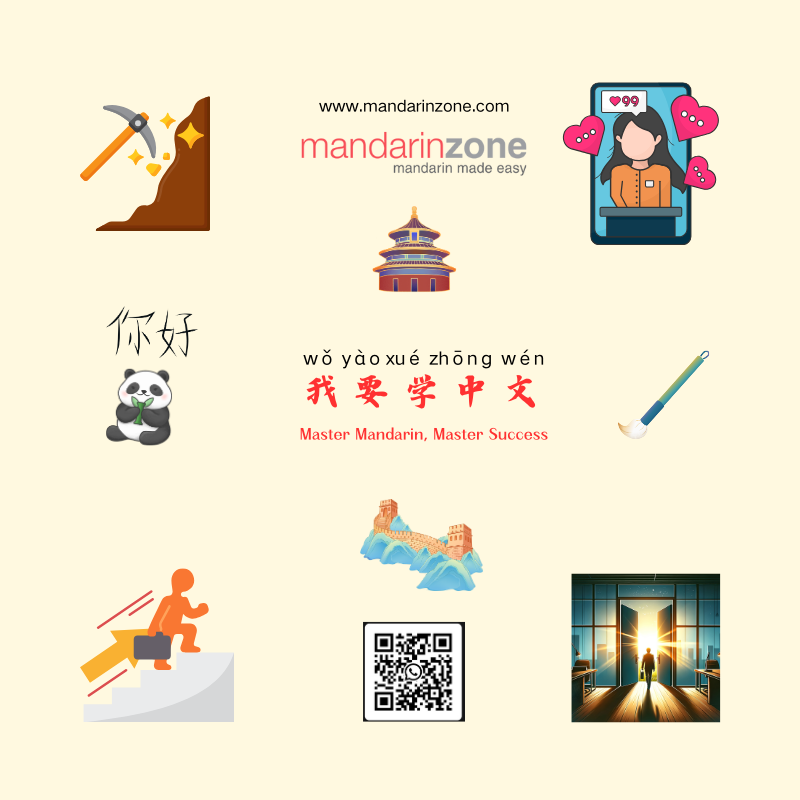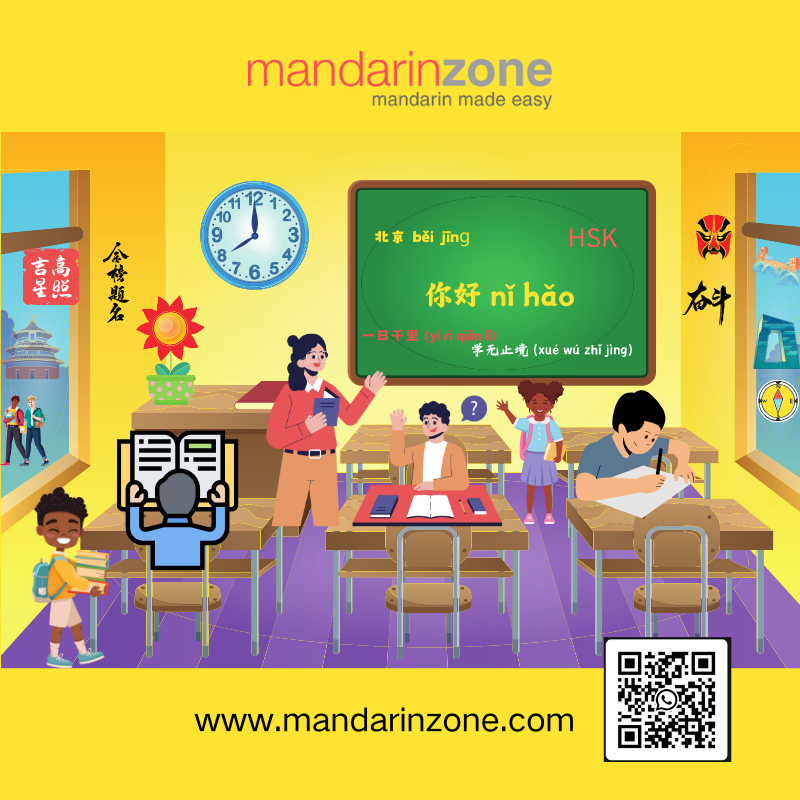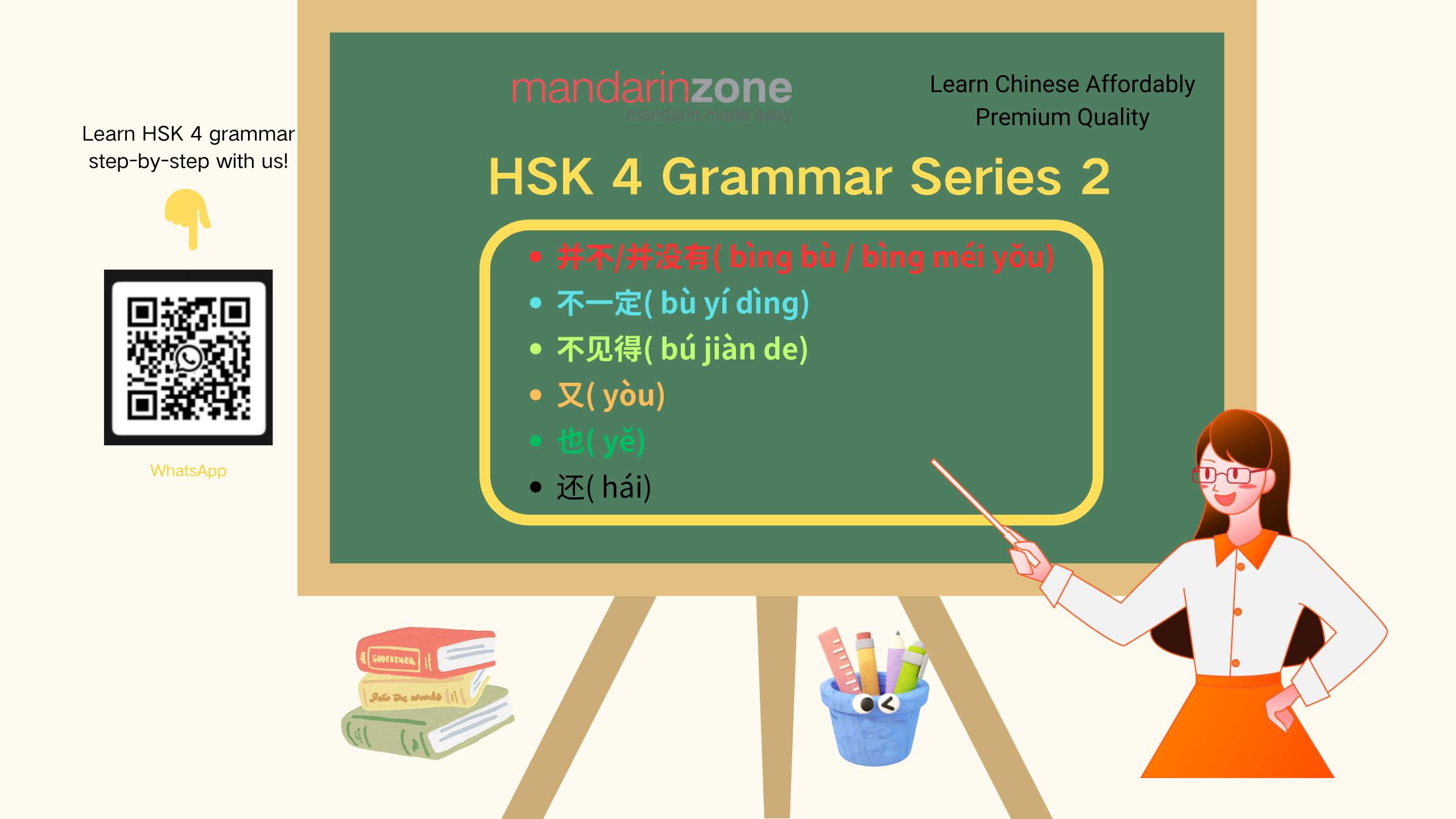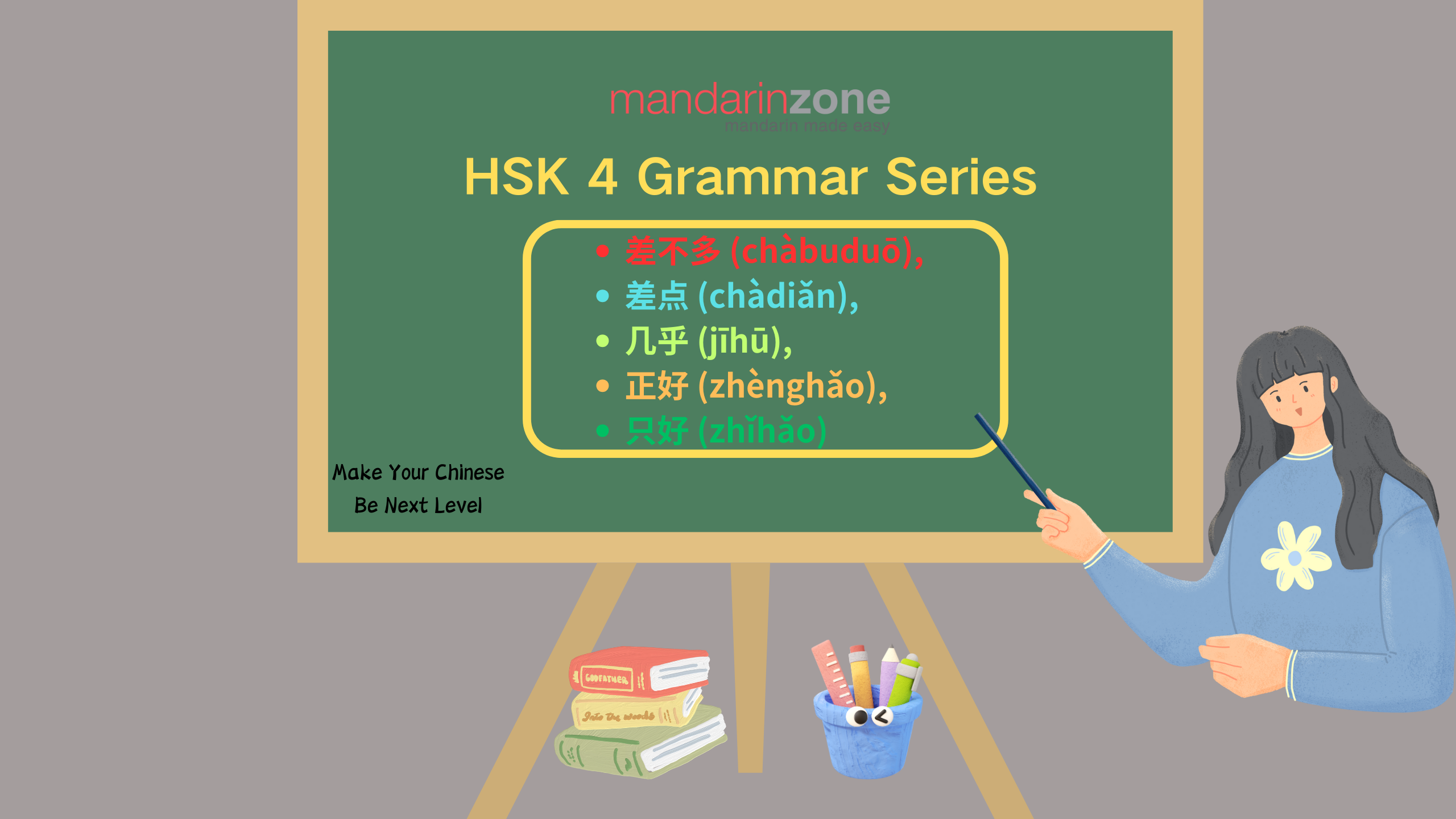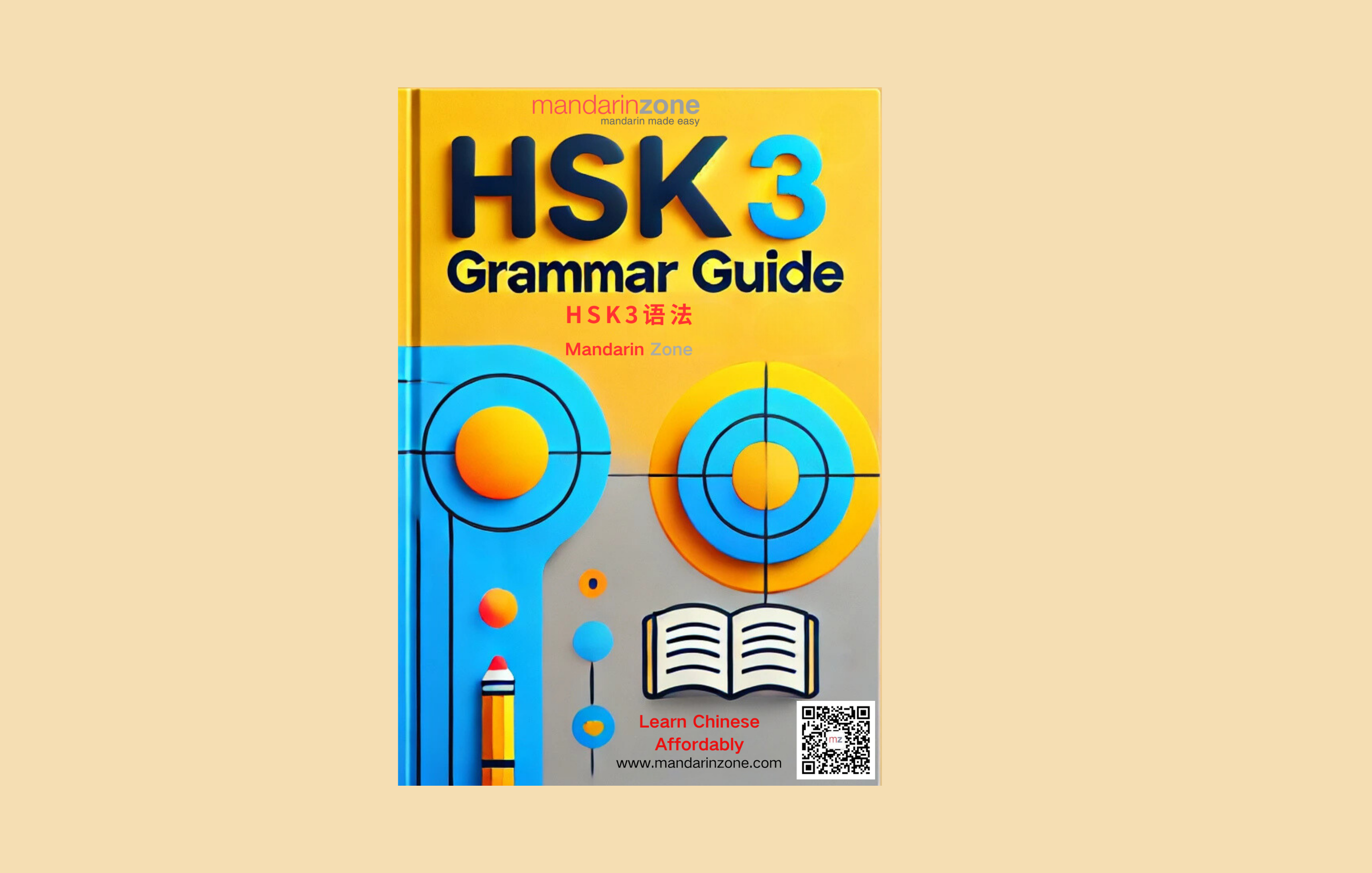The Most Useful Phrases in Chinese
Do you the most useful Chinese phrase? Here are 10 essential expressions’ that will help you “bring the cool” and keep your conversations chill.
Greetings and Farewells
1 Hello Goodbye
Hello in Chinese combines the words ‘you (nǐ你) and ‘good (hǎo 好).
To ask someone ‘How are you?’, just add the character ‘吗(ma)‘. Ma is used when asking a question.
Good morning (zǎo shanghǎo 早上好)
Good night (wǎn’ ān晚安)
Goodbye (zài jiàn 再见), “Zai “means again, “jian” means see, so the literal meaning of “zai jian” is similar to “see you again” in English.
2, Thank you!
A: Thank you! (xiè xie 谢谢)
B: You’re welcome. (bú kèqi 不客气)
Westerners say xièxie (thank you) all the time, Chinese people use “thank you” less frequently than Westerners, finding it somewhat quaint, the word búkèqi (You’re welcome) actually means “Don’t be so polite!”
Apologizing
3, I’m sorry !
A : I’m sorry. ( Duìbuqǐ 对不起)
B: No Problem/ You’re welcome! (méi guānxi 没关系)
I’m sorry. ( Duìbuqǐ 对不起), this phrase can be used both to apologize and to ask for repetition.
Sorry is a polite word which is another indicator of politeness. Up to a certain extent duibuqi can be used to say sorry or even excuse me. However due to the cultural variations you can easily overcome the confusion and use this phrase with confidence
Introducing Yourself
4, Name
A: “My name is—-” (wǒ jiào_____ 我叫_____ )
B: I am from…. , (wǒ cóng_____ lái 我从_____来)
I’m [Name]. What’s your name? (wǒ jiào [Name], nǐ ne) 我叫[Name], 你呢?
This is a casual way to exchange names. 我叫 (wǒ jiào) means “I’m called…” and 你呢? (nǐ ne) means “And you?
5, The bathroom
“Where is the bathroom?” (xǐ shǒu jiān zài nǎr?) 洗手间在哪儿?
– the nearest bathroom (zuìjìn de xǐshǒujiān 最近的洗手间)
– Men’s bathroom(nán xǐshǒujiān 男洗手间)
-The ladies’ room(nǚxǐshǒujiān 女洗手间)
This is a pretty important one, especially if the bathroom sign isn’t in English. Most people will point you in the correct direction!
Asking About Objects
6 What’s this?
What’s this? ( Zhè shì shénme? 这是什么?)
The three important words are: Zhè (this 这), shì (is是), and shénme (what 什么). Combined with pointing, “Zhè shì shénme? 这是什么” can be used to find out what things are called.
Shì 是 (all forms of the verb “to be”) is also used to mean “yes”, like “duì 对” and “hǎo 好”, and can also be combined with bù for “it’s not” (bùshì 不是).
Money Matters
7, How much money?
How much money?(Duōshao qián? 多少钱)
The phrase “duōshao 多少?” is composed of the words duō 多 (much) and shǎo少 (few), and means “how much?” or “how many?” Qián means ‘money’.
Even if you haven’t learned all the numbers in Chinese, you will either receive bill in a restaurant, or be shown the price on a calculator .
8, The bill, please!
The bill, please. Thank you. (jié zhàng, xiè xie) 结账,谢谢。
You may also say 买单, 谢谢. (mǎi dān, xiè xie.) The first character, 买 (mǎi) means ‘to buy’.
9, Wi-Fi Essentials
A wireless connection is kind of the most important thing when you’re far away from your home and family so you can keep in touch with them often. When in a coffee shop, a bar, a restaurant, a spa, your hotel, you can ask:
- Excuse me, is there any wifi here?
Qǐngwèn,zhèlǐ yǒu Wifi ma? 请问,这里 有 wifi 吗? - Is the WIFI free?
WIFI shì miǎnfèi de ma? WIFI是免费的吗? - What is your WIFI password?
Nǐmen de WIFI mìmǎ shì shénme? 你们的WIFI密码是什么?
10, Wechat (wēi xìn微信) Basics
WeChat is a popular social media site equivalent to Facebook or Twitter (which are both blocked in China).
Add me on WeChat. ( jiā wǒ de wēi xìn 加我的微信 )
Send message to me by Wechat. ( gěi wǒ fā wēixìn ba 给我发微信吧)
I will pay by Wechat. ( wǒ yòng wēixìn fùqián 我用微信付钱)
Do you know any the most useful Mandarin Chinese phrases or you want to learn more useful phrases in Chinese, feel free to contact us! Happy Chinese language learning! Learn Chinese at Mandarin Zone School Beijing!
